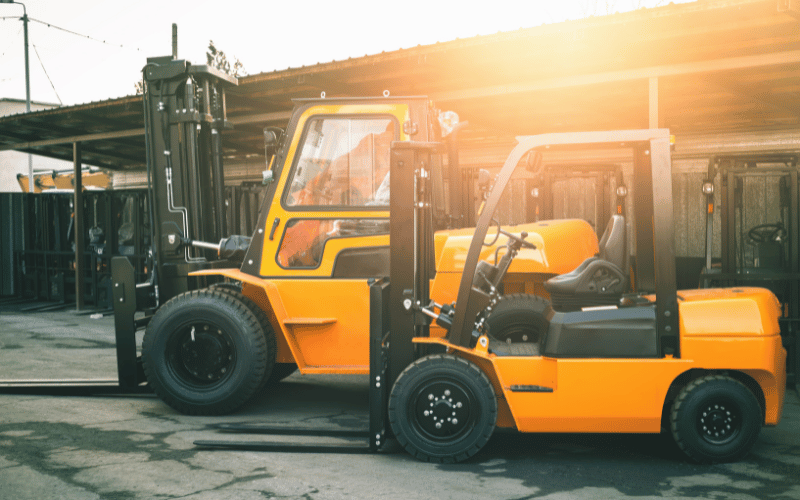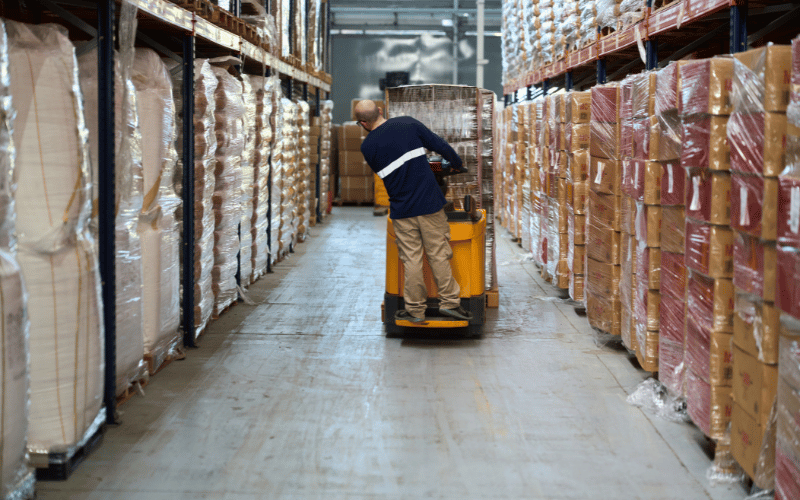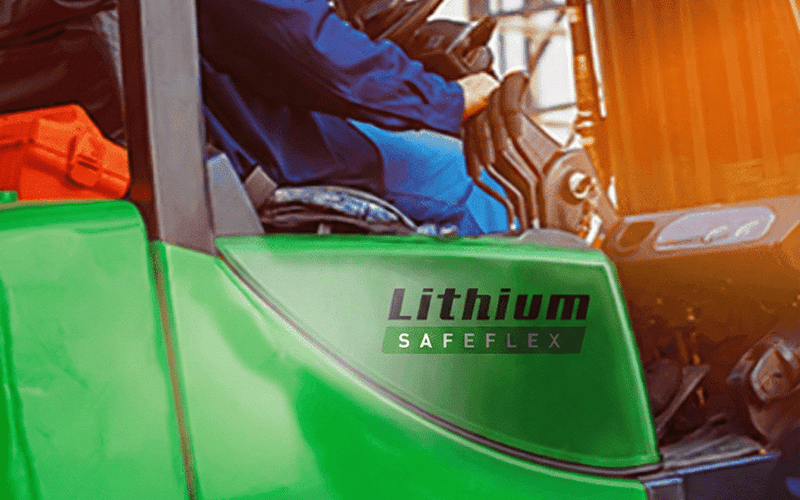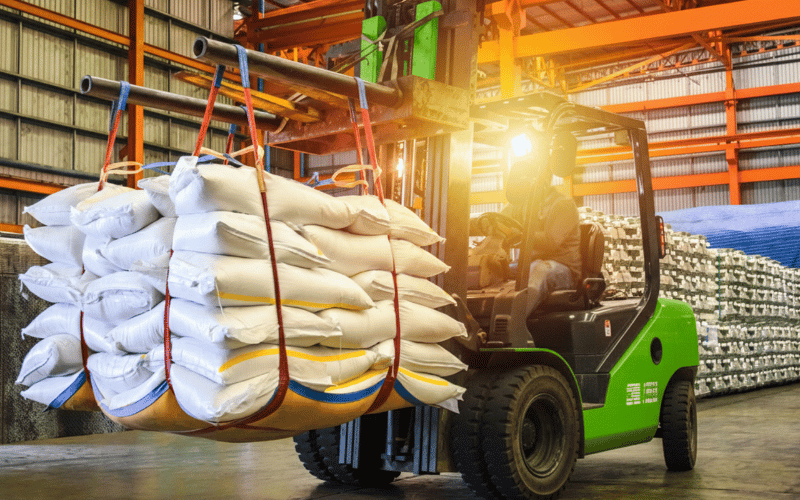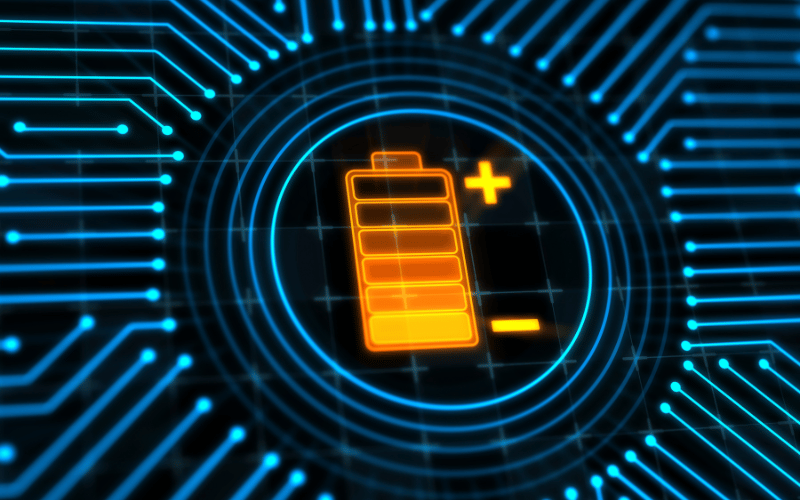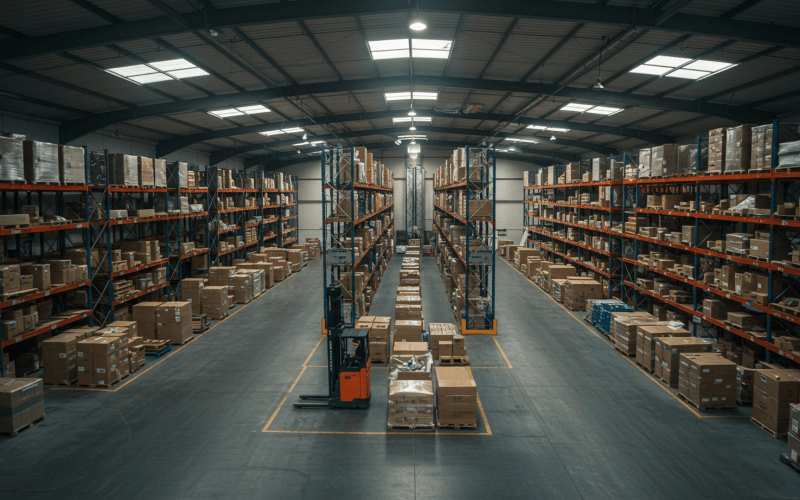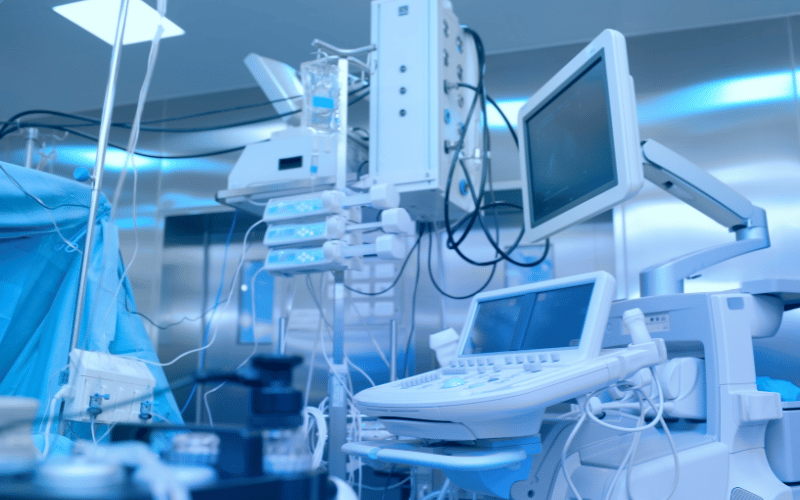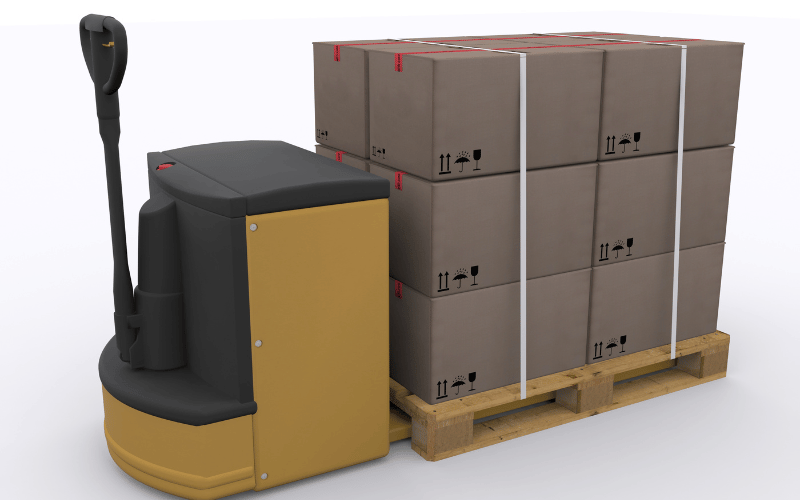Our GSE Sales Manager, Jerry Crump, and our Senior Product Manager, Darin Kiefer Join Ground Support Worldwide Editor Jenny Lescohier in an AviationPros Podcast to discuss how lithium battery systems are helping ground handlers address real-world operational challenges. Listen now!
About Green Cubes Technology
Green Cubes Technology develops and manufactures safe and reliable electrification solutions that enable its OEM and enterprise customers to transition from Lead Acid and Internal Combustion Engine (ICE) power to Lithium-ion battery power. Green Cubes utilizes proven hardware and software platforms to build the most reliable Lithium power solutions in its industries. With employees across six countries, Green Cubes has been producing innovative, high-performance, and high-quality power solutions since 1986.
For more information about Lithium SAFEFlex PLUS and other battery solutions, please visit greencubes.com or email info@greencubestech.com


